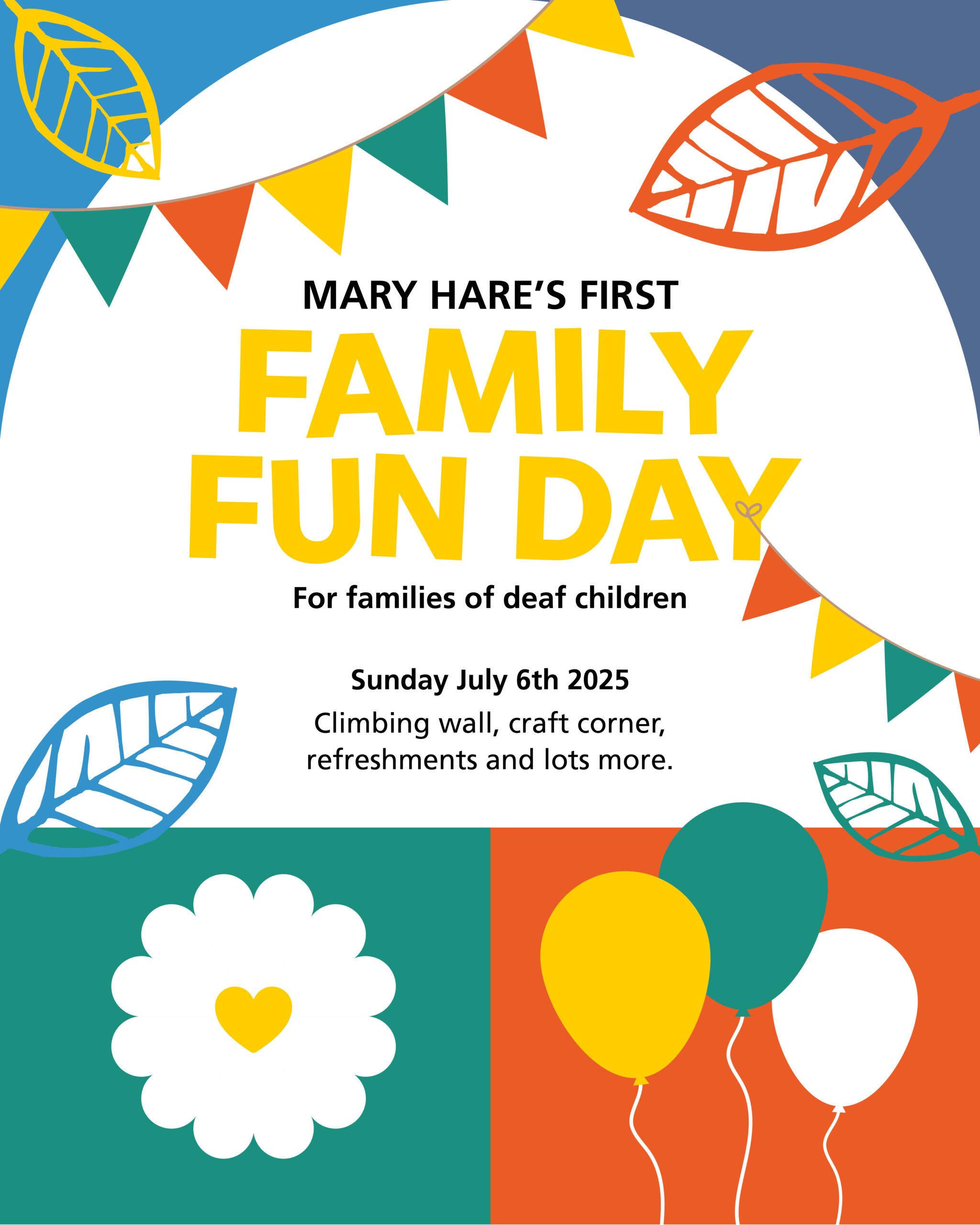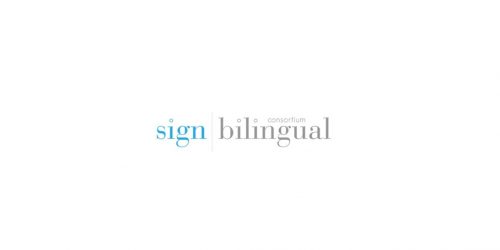Teaching Shakespeare
Signing Shakespeare – a new set of resources for teaching Shakespeare to deaf students is now featured on the RSC’s Learning pages.
“Signing Shakespeare is a project designed to support deaf young people in their study and enjoyment of Shakespeare. Beginning as a research project between the RSC and the University of Birmingham as part of our ongoing collaboration since 2016, it evolved into a stand-alone programme consisting of active, rehearsal room-based resources for the study of Macbeth. These resources have been created by a team led by Dr Abigail Rokison-Woodall and Dr Tracy Irish, in consultation with deaf artists and students and with experts in deaf education. The films which sit at the centre of the project have been directed by RSC associate artists Charlotte Arrowsmith and William Grint, assisted by actor and BSL interpreter Becky Barry, and feature leading deaf actors from around the UK – Julian Peedle-Calloo, Sophie Stone, Vilma Jackson, Caroline Parker, Mia Ward, Lara Steward and Nadeem Islam.
There are around 52,000 deaf children in the UK, many of whom are disadvantaged in the classroom. Deafness by itself is not a learning disability, but its effects can be compounded by factors such as non-inclusive practice or an inadequate linguistic environment. Recent figures show that British deaf students achieve, on average, a grade lower than their hearing peers at GCSE level. Shakespeare is a compulsory element of the National Curriculum in England, yet many deaf young people are unable to adequately access his work.
Our activities and resources focus on visual and active learning, exploring not just the story of Macbeth but also the characters, relationships, themes, imagery, rhythms and literary devices in the play. Collaborative activities and writing tasks support students to develop understanding of the different perspectives and layers within the text.
At the heart of the resources are a series of films of key moments from the play – in British Sign Language, American Sign Language, Sign Supported English (which, though not a language in its own right is frequently used in classrooms) and ‘Visual Shakespeare’ which draws on the deaf performance language Visual Vernacular. The films help to support students’ understanding of scenes and speeches central to the play and provide a model for their own work on scenes and speeches. Performed by deaf actors, they also celebrate the creative and expressive power of sign language.
The American Sign Language resources are kindly sponsored by The Billy Rose Foundation in New York.”






